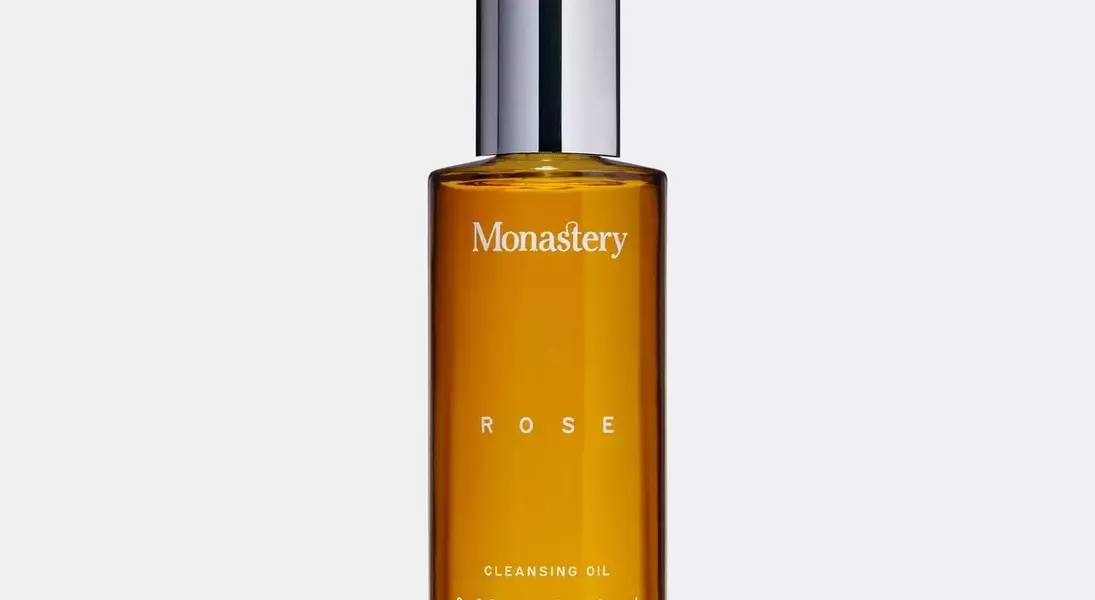
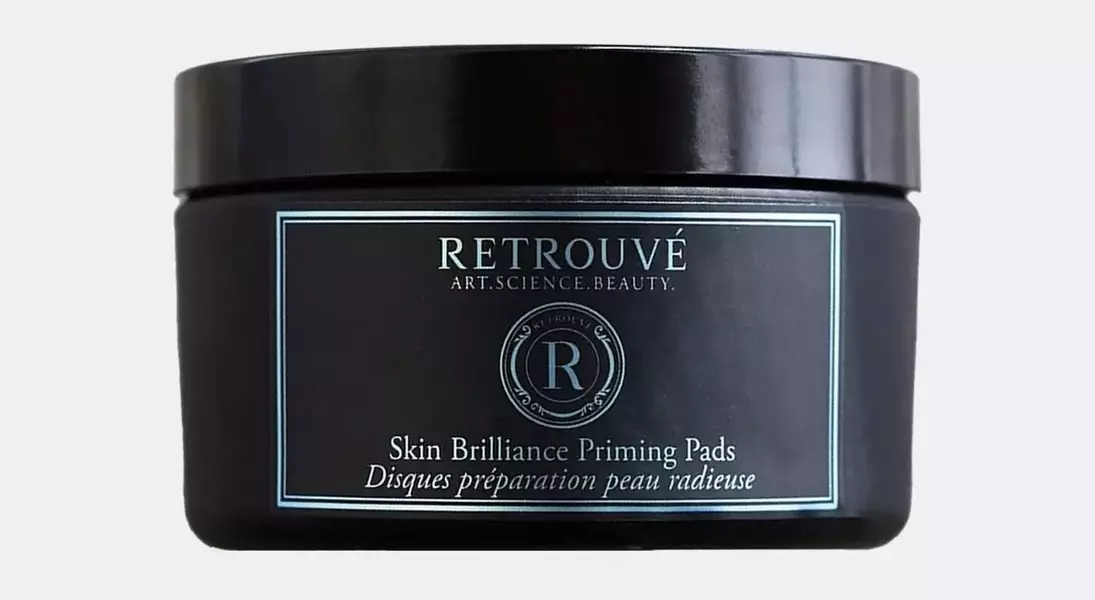
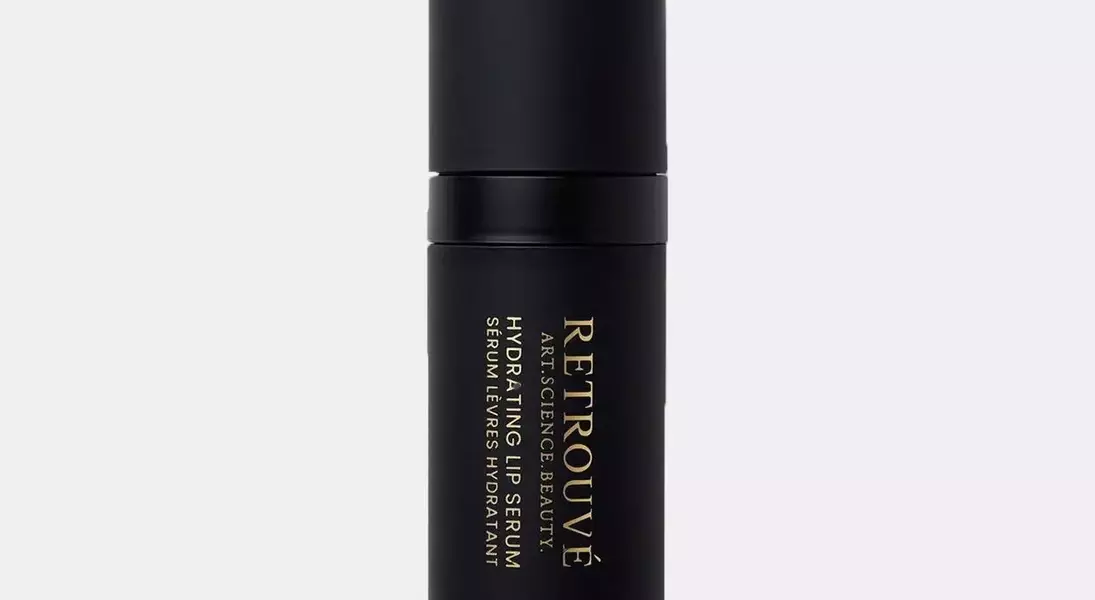
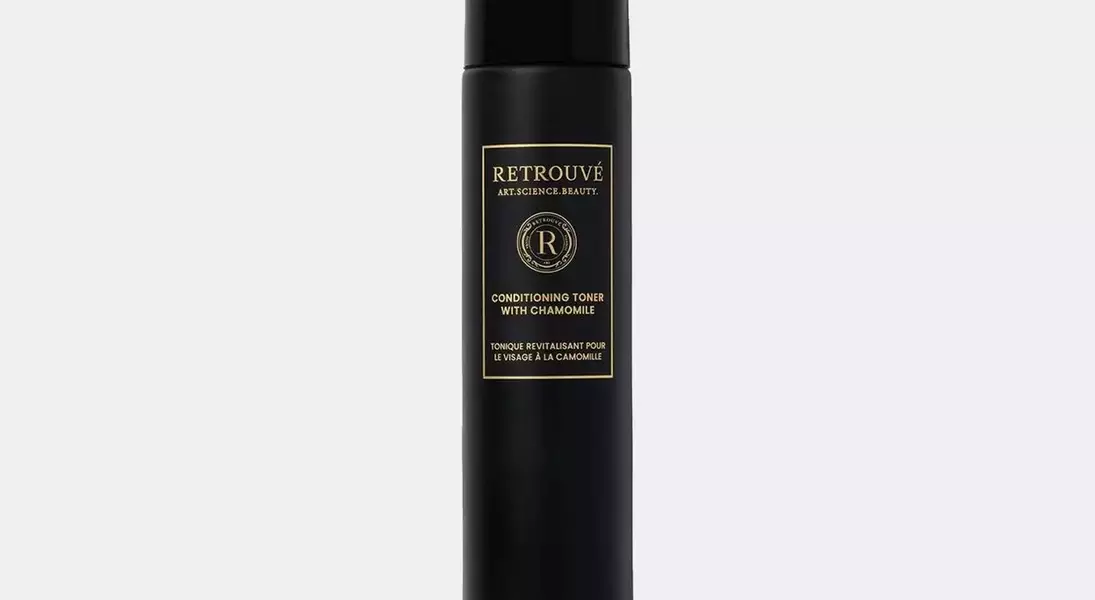
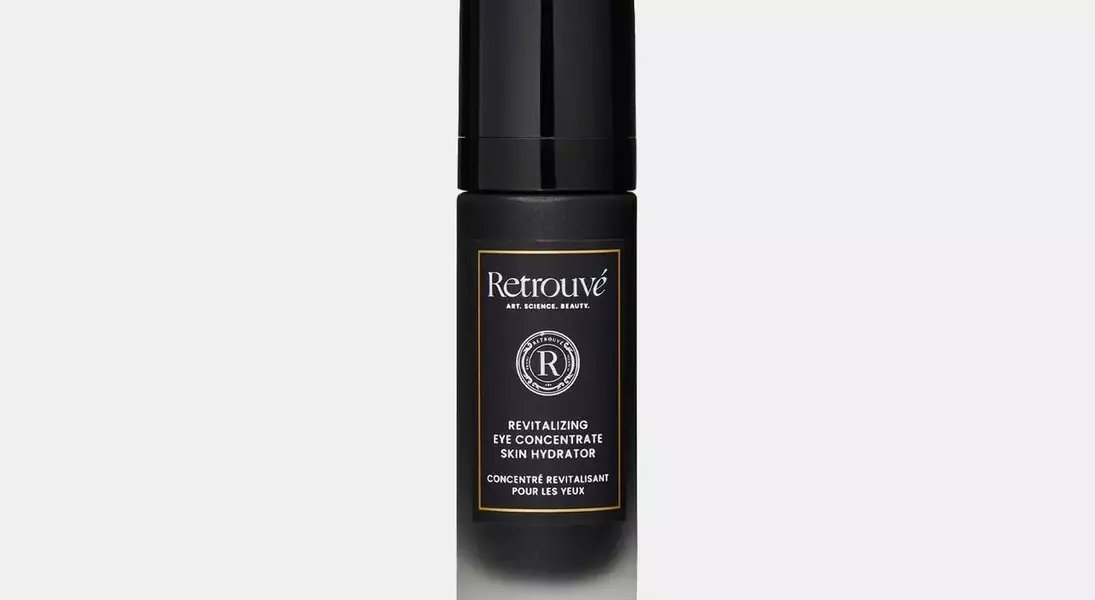
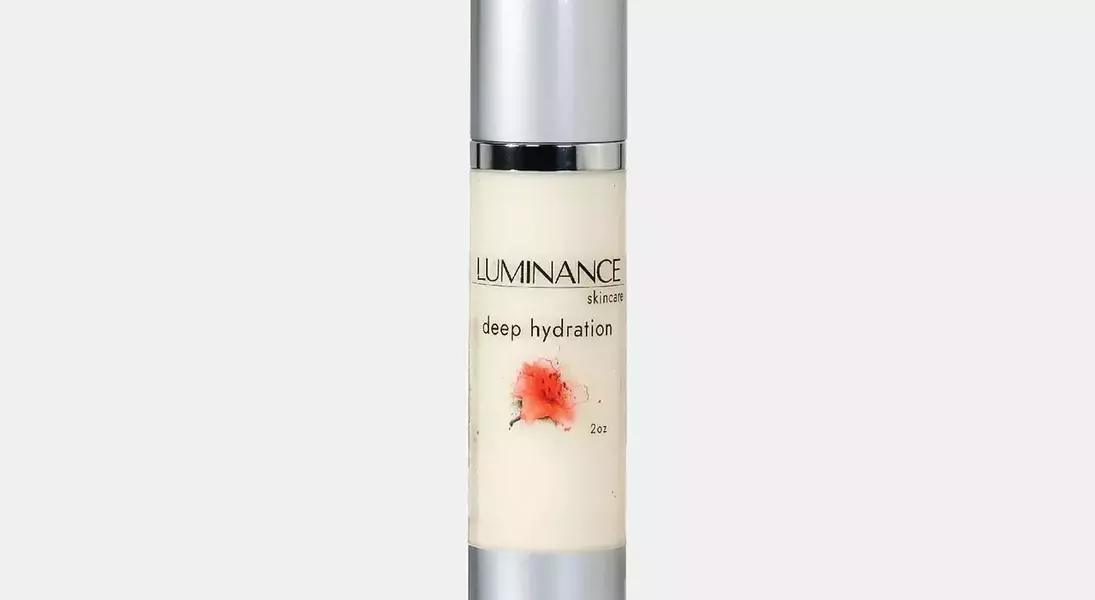

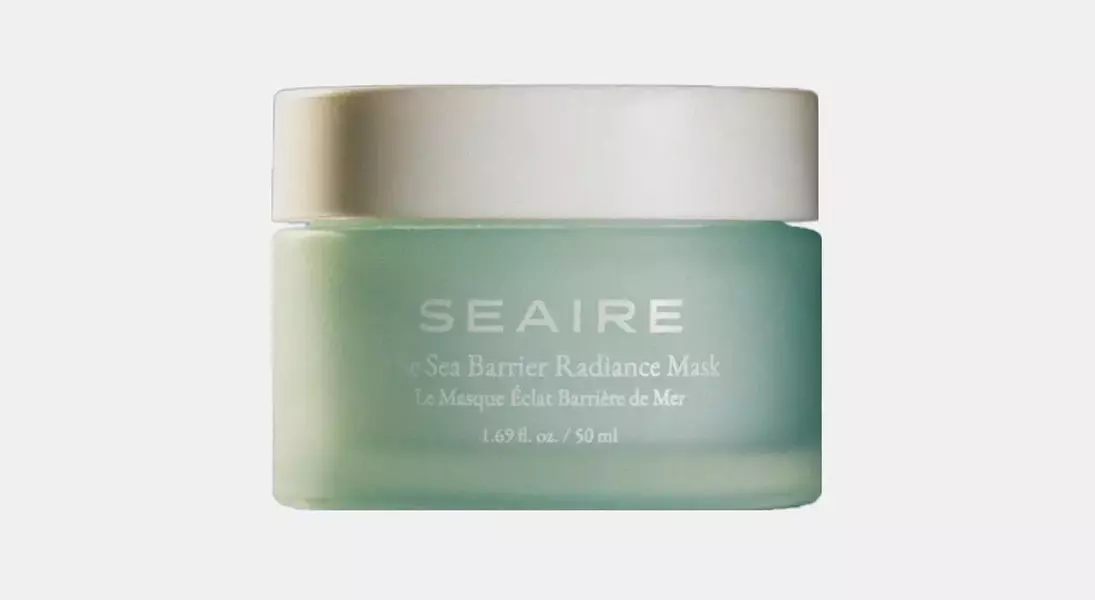
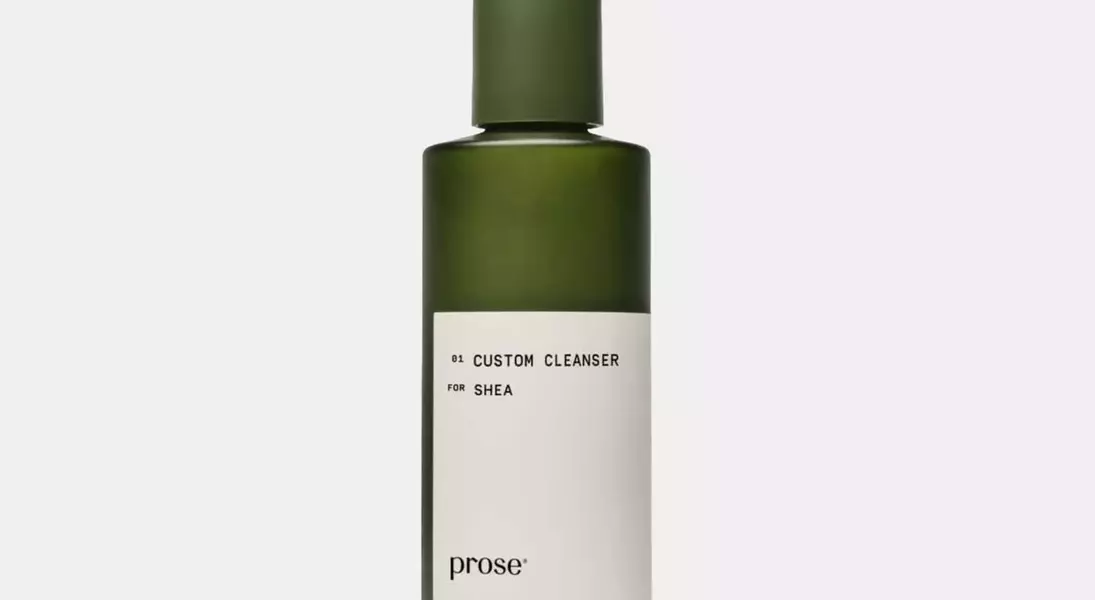

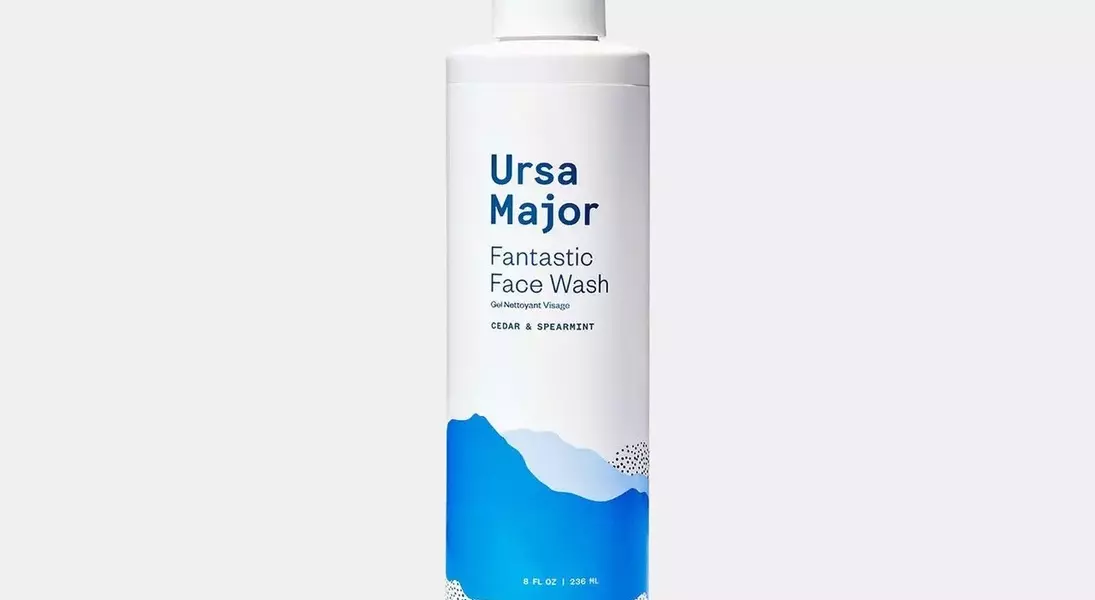

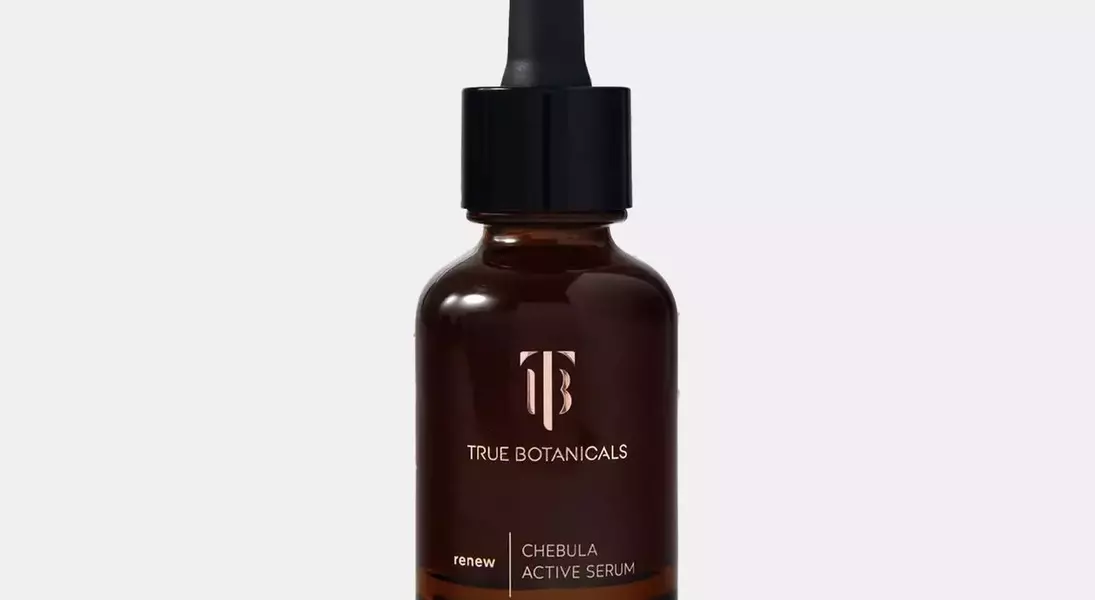
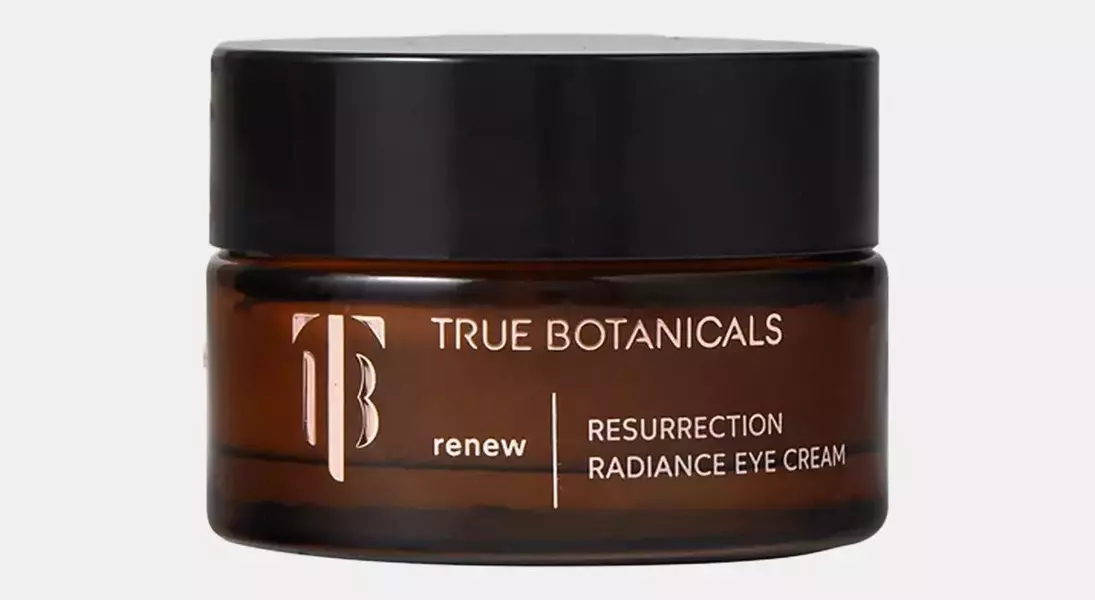
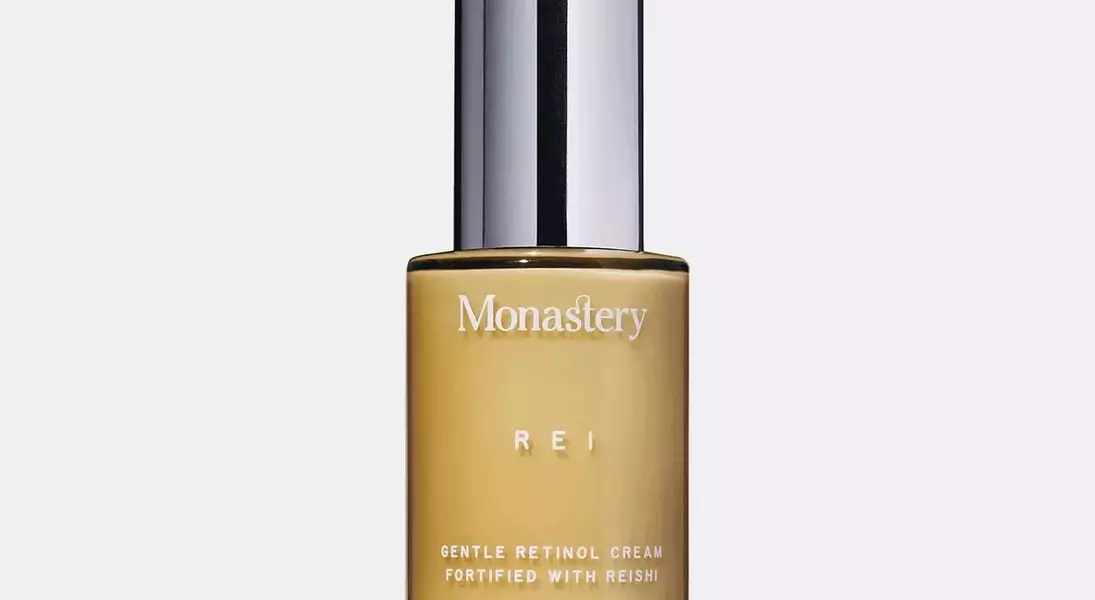



In the quest for healthier skin, consumers are increasingly turning their attention to skincare products that align with sustainability principles. Our skin absorbs what we apply, directly affecting our health and the environment. Understanding the true meaning behind labels such as "natural" or "clean" is crucial. Often, these terms can be misleading, and many conventional skincare products rely on synthetic compounds harmful to both individuals and ecosystems. Experts emphasize the importance of scrutinizing ingredients and supply chains to ensure ethical sourcing. Key considerations include avoiding parabens, preservatives, palm oil, and microbeads, which contribute to pollution and deforestation. In response to consumer demand, several brands have emerged, offering eco-conscious alternatives.
These brands focus on crafting skincare solutions using bio-based ingredients and sustainable practices. For instance, Retrouvé grows its ingredients on a Malibu farm, ensuring minimal environmental impact. Luminance Skincare avoids synthetic chemicals and employs a gentle manufacturing process to preserve ingredient potency. Seaire uses marine-derived components like red algae and glacial water for hydration and protection. Prose offsets its carbon footprint entirely and provides transparent information about its products. Ursa Major collaborates with environmental organizations to remove plastic from the ecosystem. True Botanicals donates a portion of its profits to regenerative farming initiatives and emphasizes biodegradable packaging. Lastly, Monastery crafts small-batch organic products with carefully sourced ingredients, focusing on quality over quantity.
Selecting Ingredients Wisely
When choosing skincare products, it's essential to prioritize ingredients that benefit both personal health and the planet. Avoiding harmful substances such as parabens, preservatives, and palm oil is a good starting point. Additionally, understanding the implications of synthetic exfoliants like microbeads is critical, as they contribute significantly to aquatic pollution. Instead, opt for bio-based alternatives that minimize environmental harm while enhancing skin vitality.
To make informed decisions, delve into the origins of the ingredients used in your skincare routine. Research reveals that many "natural" products may still carry negative ecological impacts if not responsibly sourced. For example, certain plant-based extracts might involve unethical labor practices or lead to habitat destruction. Alyssa Hardy, an expert in sustainability, advises looking beyond mere certifications to evaluate how brands source their materials. She suggests prioritizing transparency, emphasizing the need for companies to explain their methods clearly. Furthermore, she highlights the importance of considering factors such as recyclable packaging and organic formulations when selecting products. By adopting this mindset, consumers can support businesses genuinely committed to sustainability.
Pioneering Brands Leading the Way
A handful of innovative skincare brands stand out for their dedication to ethical practices and eco-consciousness. Each brand brings unique strengths to the table, addressing various aspects of sustainability. Their commitment spans from ingredient sourcing to production processes and community involvement. These efforts collectively aim to redefine the skincare industry by setting higher standards for responsibility and care towards the environment.
Retrouvé exemplifies holistic skincare through its farm-to-product philosophy. Growing herbs and fruits on its Malibu property ensures purity and traceability in every bottle. Similarly, Luminance Skincare revolutionizes manufacturing by preserving ingredient integrity through low-heat techniques, making its vegan offerings especially appealing to sensitive skin types. Meanwhile, Seaire leverages marine resources sustainably, providing versatile masks enriched with nutrients from oceanic sources. Prose takes carbon neutrality seriously, investing in projects that counterbalance unavoidable emissions during production. Ursa Major goes further by actively removing twice the amount of plastic waste generated per sale, alongside volunteering extensively within local communities. True Botanicals not only supports charitable causes but also advances sustainable packaging solutions, aiming for complete recyclability soon. Finally, Monastery champions artisanal craftsmanship, creating personalized routines with rare botanicals sourced ethically from small farms worldwide. Together, these brands represent a promising shift toward greener beauty choices.
